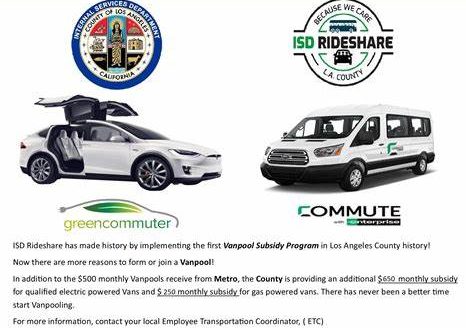A battle is brewing between rideshare giants Uber and Lyft and the city of Los Angeles over the future of transportation, with electric bikes and scooters caught in the crossfire. This power struggle, experts say, will have significant implications for cities across the United States.
At the heart of the conflict is a city program, the Mobility Data Specification (MDS), which requires rideshare companies to provide data on the usage and whereabouts of their electric bikes and scooters. However, Uber and Lyft are pushing back against this program, citing concerns over user privacy and government overreach.
The fight escalated recently when a bill supported by Uber and Lyft, aimed at undermining the MDS program, passed the state assembly and is now headed to the state senate for consideration. If passed, this legislation could impact various aspects of urban life, including traffic flow, bike lane accessibility, and transportation equity.
City officials have long been frustrated with the limited data sharing practices of rideshare companies, which often provide only aggregated data at infrequent intervals. The MDS program, in contrast, offers real-time insights into the usage patterns of bikes and scooters, allowing cities to better manage their transportation infrastructure.
However, Uber and Lyft argue that sharing individual trip data poses significant privacy risks for users. They contend that aggregated data is sufficient for cities to fulfill their planning and regulatory responsibilities.
The outcome of this clash could shape the future of transportation regulation not only in California but also in other states, as legislation often sets a precedent for similar measures nationwide. Critics of the bill warn that it could hinder cities’ ability to manage their streets effectively and could prioritize corporate interests over public welfare.
As the debate rages on, the role of data in urban governance and the balance between privacy and public interest remain central issues. With the fate of the MDS program hanging in the balance, cities like Los Angeles are grappling with how to navigate the complexities of regulating emerging transportation technologies in the digital age.

